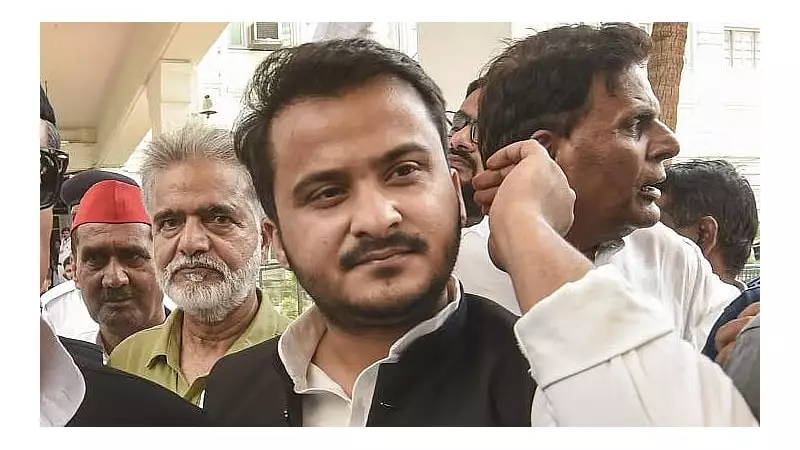
In a significant legal development, the Supreme Court of India has dismissed the petition filed by former Uttar Pradesh MLA Mohammad Abdullah Azam Khan, dealing a major blow to his attempts to terminate ongoing legal proceedings against him.
The Core Legal Challenge
The former legislator, son of prominent Samajwadi Party leader Azam Khan, had approached the apex court seeking to quash criminal proceedings initiated against him. The case revolves around serious allegations of forgery and cheating that have been pending before the courts.
Background of the Case
The legal troubles for Abdullah Azam Khan began in 2019 when an FIR was registered against him under multiple sections of the Indian Penal Code. The charges include:
- Forgery of documents
- Cheating and conspiracy
- Violations under the Indian Penal Code
The case has been working its way through the judicial system, with the Allahabad High Court previously refusing to grant him relief, which ultimately led to his appeal before the Supreme Court.
Supreme Court's Firm Stance
The apex court's rejection of Khan's plea signifies that the legal process must continue unimpeded. The bench, while considering the merits of the case, found no grounds to interfere with the ongoing proceedings at this stage.
This decision reinforces the principle that elected representatives are not above the law and must face judicial scrutiny like any other citizen. The ruling is particularly significant given the political implications and the high-profile nature of the individuals involved.
Political Implications
The legal setback comes at a crucial time in Uttar Pradesh politics. Abdullah Azam Khan, who previously served as an MLA from the Suar constituency in Rampur district, now faces the prospect of continuing legal battles that could have significant implications for his political future.
The case has been closely watched by political observers and legal experts alike, as it involves not just an individual legislator but touches upon broader questions of accountability and integrity in public life.
What Comes Next?
With the Supreme Court closing this legal avenue, the case will now proceed through the normal judicial channels. The former MLA and his legal team will need to prepare for the next stages of the legal battle in the appropriate courts.
This development serves as a reminder that the Indian judiciary continues to maintain its vigilance in matters involving allegations against public figures, ensuring that the legal process remains uncompromised regardless of the stature of the individuals involved.






